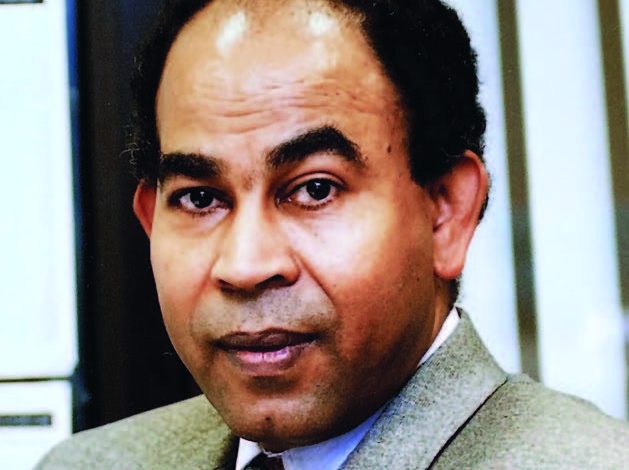
By: Osman Mirghani
By the end of 2024, the scene in Sudan looks drastically different from how it appeared in the final days of the previous year. Back then, the army suffered a significant setback when the Rapid Support Forces (RSF) overran Madani, the capital of Al-Jazirah State and the “Heart of Sudan,” after the First Infantry Division withdrew without notable resistance. This triggered a wave of questions about the trajectory of the war and led to widespread doubts after the army lost numerous strategic locations and vital cities, while the RSF expanded its reach across vast areas. With this expansion came mass displacement of citizens, horrific violations, and systematic destruction of the country’s capabilities.
Today, the picture is strikingly different, thanks to recent victories achieved by the Sudanese Armed Forces (SAF), allied forces, and support battalions from mobilized civilians. These victories include regaining strategic areas and targeting supply lines, notably destroying the Zareq base in North Darfur, a critical RSF hub for fuel and weapons shipments from abroad. Meanwhile, the SAF and its allies advanced toward Madani, reclaimed most parts of Bahri City, and progressed to link up with isolated forces at the Signal Corps, marking the beginning of a march to retake Khartoum.
Many observers view these rapid developments as indicative of a qualitative shift in the war, suggesting that the beginning of the new year will bring military changes with far-reaching implications. However, Sudan’s future hinges on a complex interplay of military, political, humanitarian, economic, and international factors.
The military victories achieved by the army and its allies present a real opportunity to intensify efforts to end the war, but they are not a definitive solution. The situation is far more complicated, requiring a deeper examination of how to address the war’s profound impacts on Sudan. The country has suffered unprecedented upheaval, deep scars, and sharp polarization, necessitating collective efforts and a wise vision to navigate this critical juncture in a way that preserves Sudan’s unity and shields it from the plots and conspiracies that fueled the war.
In the coming year, Sudan could witness a significant breakthrough if the recent military gains are built upon strategically and comprehensively to address the crisis in all its dimensions. Achieving peace demands more than battlefield victories; it requires a political vision for reconciliation that goes beyond exclusionary calls and opens the door to inclusive dialogue. Without such dialogue, there will be no genuine resolution or stability, and the country will struggle to stand on its feet to face another, even tougher war: reconstruction and development, and attracting the essential aid and investments for the next phase.
The challenges are immense, and the path ahead will not be easy. First, there is the pressing issue of addressing the worsening humanitarian crisis, as suffering deepens the longer the war continues. Territorial control alone does not mean relief unless followed by ensuring security and basic services that allow displaced people to return to their homes and receive urgent humanitarian aid. Sudan is currently facing one of the largest complex humanitarian crises, resulting from forced displacement, systematic destruction of infrastructure and service facilities, the disruption of production, and the paralysis of daily life, including work and education.
Another challenge lies in how the RSF and its external backers will respond. Will they continue the war, prolonging its duration? Given the current shifts on the ground and in the balance of power, it is clear that attempts to impose control over Sudan have failed. The most likely scenario could involve the RSF entrenching its position in western regions temporarily or the SAF agreeing to return to the Jeddah platform, this time negotiating terms for ending the war based on the understanding that wars usually conclude through arrangements negotiated even after military victories.
In this context, several thorny questions arise: After all the violations committed, can the RSF have any role in Sudan’s future? Can they be integrated into a unified, professional national army—one of the supposed goals of the post-war phase, which also includes other factions and armed movements? Would granting the RSF any future role bring an end to Sudan’s wars, or would it encourage others to replicate their bitter experience?
Finally, there is the challenge of political will for a resolution. Will the recent victories by the SAF and its allies pave the way for steps toward launching an inclusive national political dialogue on Sudan’s future? How can Sudan be governed to achieve stability, foster balanced and sustainable development, and address deeply rooted issues that perpetuate cycles of war, which have plagued the country since before independence and exacted a heavy toll?



